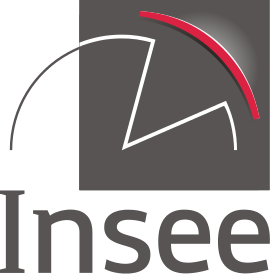Définition
Retirement benefits are social benefits for old-age people. They are paid by a pension scheme. Old-age pensions are paid to people who have earned their own pension rights. Survivor’s pensions are paid to the survivor of a person who had earned their own pension rights.
A retirement pension may be composed of several discrete elements, governed by different conditions of eligibility. The first part is the principal direct entitlement benefit. This is acquired through professional activity, and thus through contributions paid (and quarterly validations received) in connection with this activity. This benefit can be transferred to a surviving spouse in the event of the death of the beneficiary. Such cases are known as transferred right benefits, often called reversion pensions, which can be added to principal direct entitlement benefits.
In addition to these two elements there may be, depending upon the scheme and individual situation, other elements known as supplementary benefits. The most widespread of these is the "three children or more bonus". This is offered by almost all pension schemes to retirees who have raised three or more children.
Finally, if the resources of the household to which the retiree belongs are inferior to the value of the minimum old-age pension, the retiree can request to receive this minimum.



